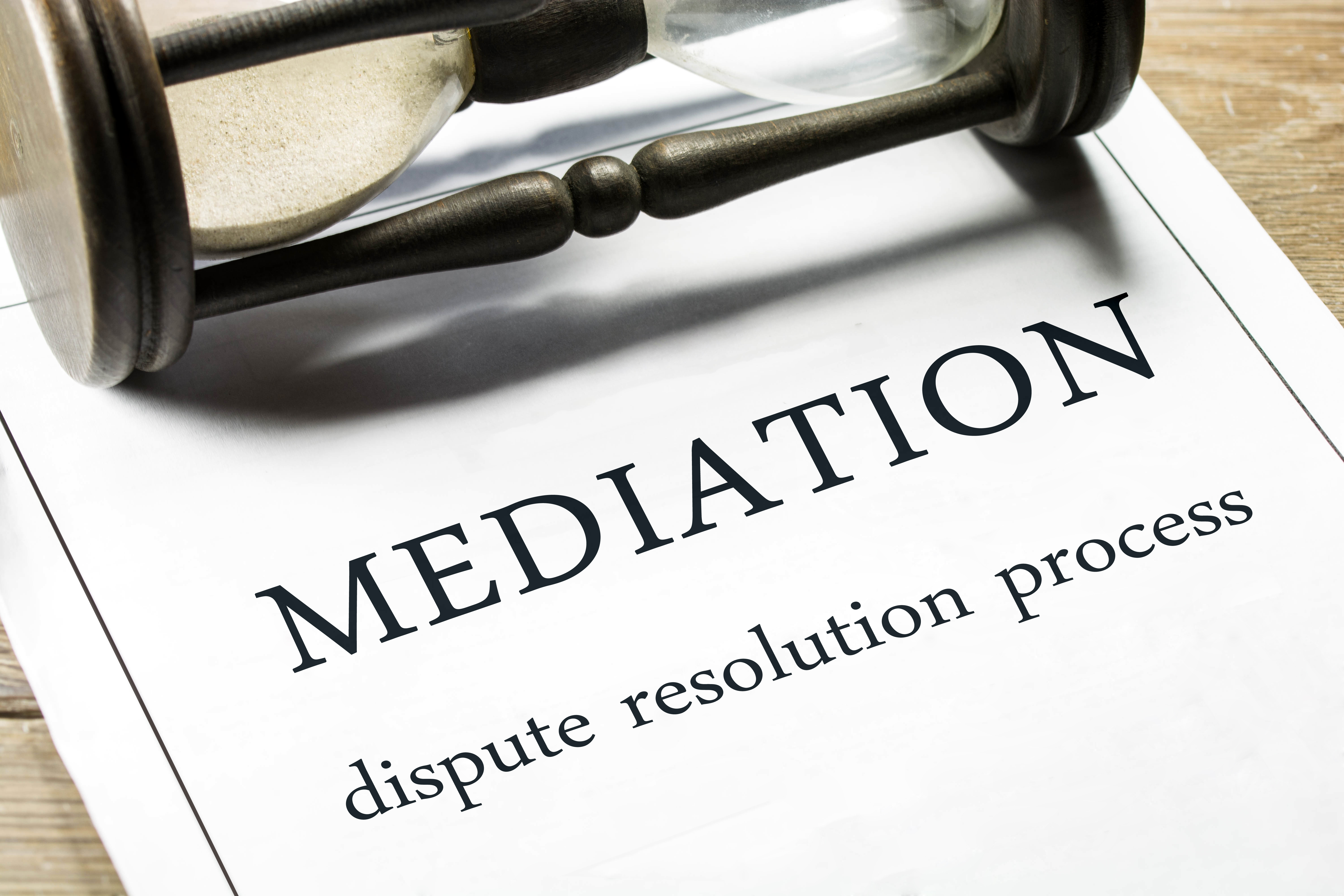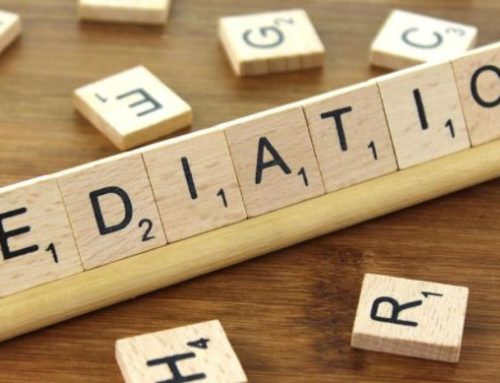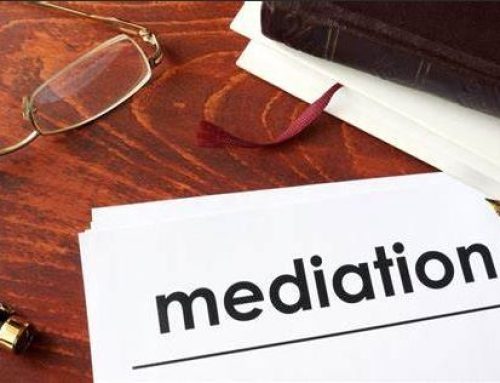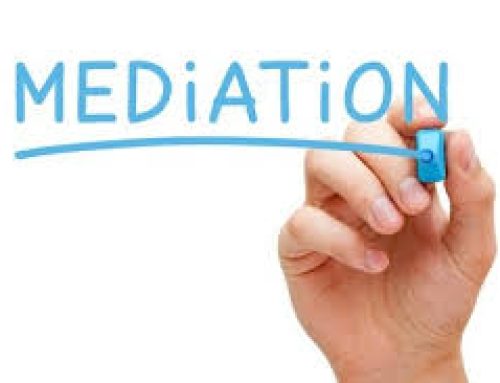Mediator Rule 10.310 provides:
Rule 10.310. Self-Determination
(a) Decision-Making. Decisions made during a mediation are to be made by the parties. A mediator shall not make substantive decisions for any party. A mediator is responsible for assisting the parties in reaching informed and voluntary decisions while protecting their right of self-determination.
(b) Coercion Prohibited. A mediator shall not coerce or improperly influence any party to make a decision or unwillingly participate in a mediation.
(c) Misrepresentation Prohibited. A mediator shall not intentionally or knowingly misrepresent any material fact or circumstance in the course of conducting a mediation.
(d) Postponement or Cancellation. If, for any reason, a party is unable to freely exercise self-determination, a mediator shall cancel or postpone a mediation
What does this mean? Essentially, the Rule requires that a mediator not force a party to settle against his or her own free will. We all know that mediation can be a very difficult and stressful process for the parties. As litigators, the stress on attorneys does not rise nearly to the level of that borne by the parties. It is critical to understand the mindset of your client going into the mediation and not allow the process to cloud their judgment and critical thinking. At the end of the day, if the case settles, the client may very well feel like they gave too much and that is absolutely a normal part of the process. However, the party should not feel that the mediator (or their own counsel for that matter) twisted their arm to the point that the client felt they had no choice but to “sign on the dotted line”. Please keep this in mind as you prepare your client for mediation and let the mediator know if you or your client feel that the mediator is pushing too hard.







Stay In Touch